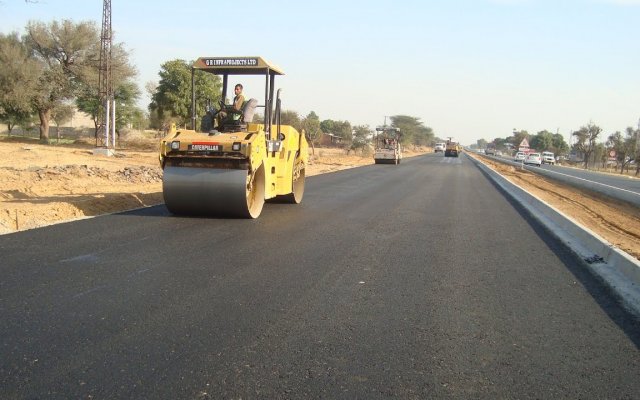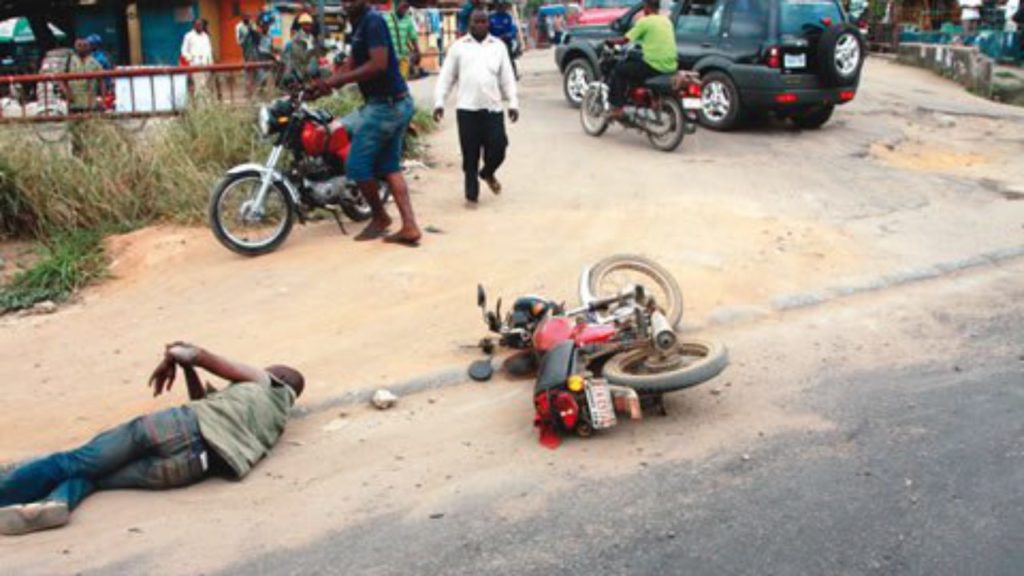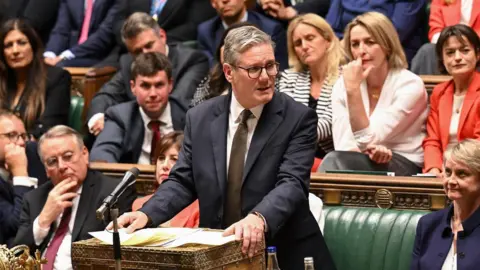Many years ago, there were neither tarred roads nor rails, no cars nor trains, no aircrafts nor bicycles. Our forefathers had to spend days and even months just to deliver a massage in the next town or village. Some of these people never got to their destinations, they either died of thirst or got devoured by wild animals. Imagine the stress, the loss of opportunities, and above all the innocent lives that were lost as a result.
Fortunately for us in the 21st century, we have tarred roads but how efficient is our road system as a country?
Research has shown that high-density transport infrastructure and highly connected networks are very important ingredients for high levels of development. Transportation has been found to account for between 6% and 12% of the GDP in many developed economies.
Efficient transport systems provide economic and social opportunities and benefits that result in positive multiplier effects such as better accessibility to markets, employment, and additional investments.
On the other hand, deficient transport systems in terms of capacity or reliability, come with huge costs to economic agents such as reduced or missed opportunities and lower quality of life.
At the aggregate level, efficient transportation reduces costs in many economic sectors, while inefficient transportation increases these costs.

In Ghana, food inflation has been the major driver of the country’s inflationary pressures over the years. Food contributed 47.9% and 47.6% in August and September 2020 respectively to the total inflation. The Ghana Statistical Service (GSS) stated that food is still the predominant driver of year-on-year inflation.
One of the major reasons that accounts for the high cost of food items is the transportation cost. This is because most of the farming communities that provide food for the urban areas have poor road networks making it very difficult to cart the produce to the areas of high demand.
As Ghana heads to the polls on December 7, the two major political parties in the country; the New Patriotic Party (NPP) and the National Democratic Congress (NDC) have come up with promises that aims to provide an efficient transport system in the country.

Both parties admit that the transport system in the country is not in the best state to provide that important linkage between human capital and physical capital that is needed for development.
The NPP states in its 2020 manifesto that there is lack of a long-term, efficient financing mechanism for commercial transport owners and operators. This according to the party, has resulted in high costs of operating old, dilapidated, and un-roadworthy vehicles, which has partly contributed to the high number of deadly road accidents
“To address this, over the next four years, we will implement a Government-backed, private sector-led Lease-To-Own financing arrangement that will provide the long-term financing commercial vehicle owners and operators need to replace aged and un-roadworthy commercial vehicles”, the NPP said.
Under the scheme, the NPP stated that private sector commercial vehicle owners and operators will turn-in their existing, aged vehicles, in exchange for financed, new vehicles.
The new vehicles, according to the NPP, will be ‘Made-in-Ghana’ by private-sector assemblers of taxis, trotros, trucks and buses.
The NDC on the other hand has described the current transportation sector as being in disarray because of its segmentation into sub-sectors each with its own attendant Minister and Deputies. This according to the biggest opposition party, is further bloating the size of Government and expenditure.
The NDC further stated that to introduce efficiency into the sector and cut down the number of ministries and reduce Government expenditure, its next government will have only one Ministry of Transport to oversee all the subsectors – railways, aviation, ports and harbors
Additionally, the party promises to work to develop a model complementary system of transportation that is safe, cost efficient, convenient and reliable with cutting edge technology.
One of the promises made by the NDC as far as the transport sector is concerned, is the legalization of the use of commercial motorcycles popularly known as ‘Okada’. The promise to legalize the ‘Okada’ business is made by the NDC in their 2020 manifesto dubbed ‘The People’s Manifesto’.
“…legalize the use of commercial motorcycles known as Okada, and tricycles and regulate the industry to make it safer by training the riders, ensuring they observe necessary safety precautions and mandating them to provide helmets for their passengers”.
Both policies presented to the citizens of Ghana have their pros and cons. Even though the two policies are aimed at addressing challenges in the transport sector of the country, a lot more clarification on how these two political parties aim at rolling out their policies would have been very much appreciated by the Ghanaian voter.

Nevertheless, replacing old and worn out vehicles with new ones will provide a partial solution to road accidents just as the NPP said. But the major question is, are the local assemblers resourced enough with the needed human capital as well as the machines needed to assemble the new vehicles? What is the initial amount the next NPP government is willing to commit into this program?
Legalizing ‘okada’ may provide revenue for government, employment for the youth, and also create access to remote areas, but how well will the next NDC government regulate their activities? A lot of crimes have been committed by riders of motorcycles. Several of the country’s human resource have also been lost via accidents involving motorcyclists. How does the next NDC government intend to maximize the benefits whilst minimizing these costs?
The choice made at the polls will determine which of the policies to be implemented. As citizens, we should be mindful of our choices bearing in mind the significant role played by a well-structured and efficient transport sector at the micro and macro levels.





















